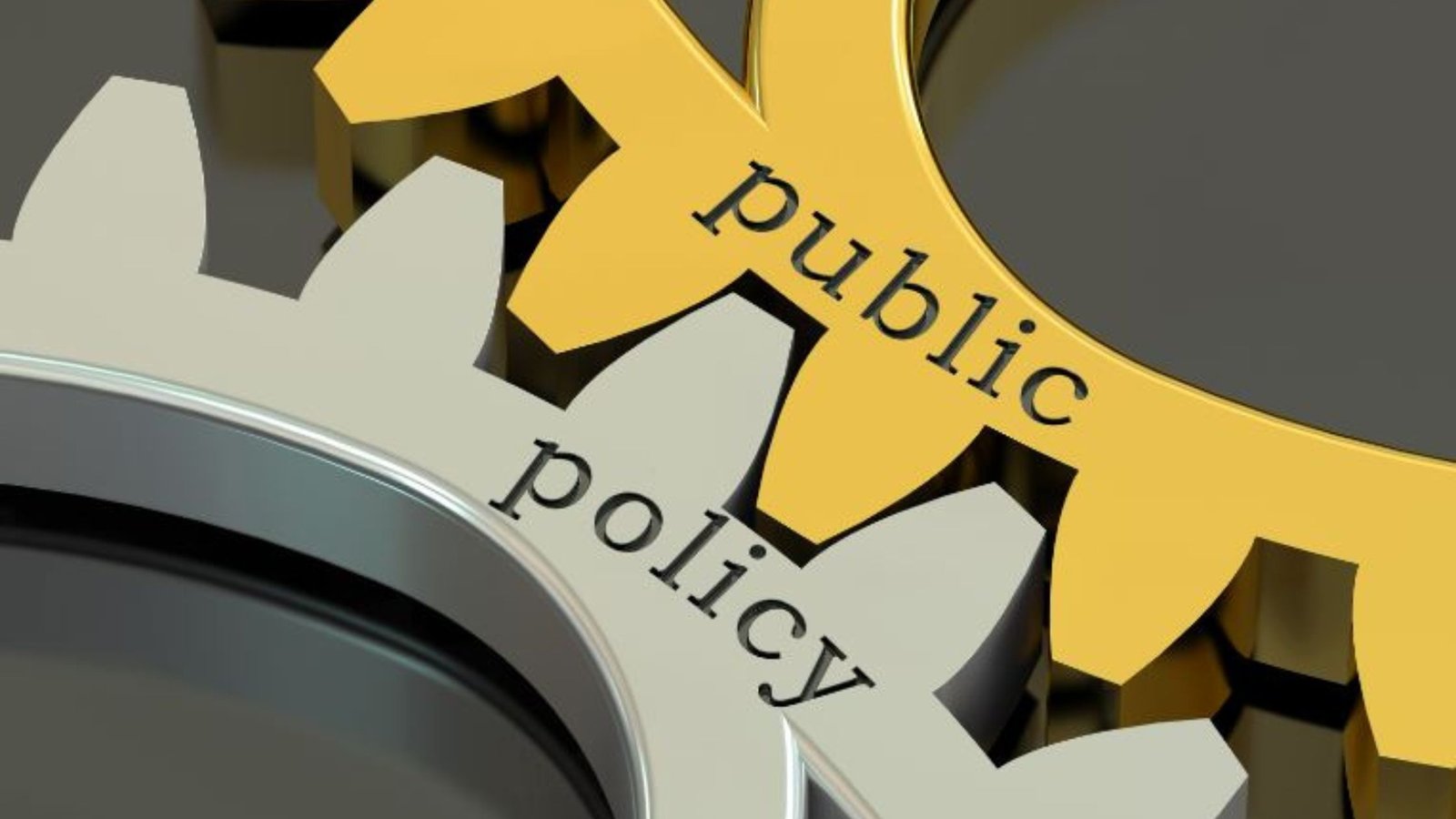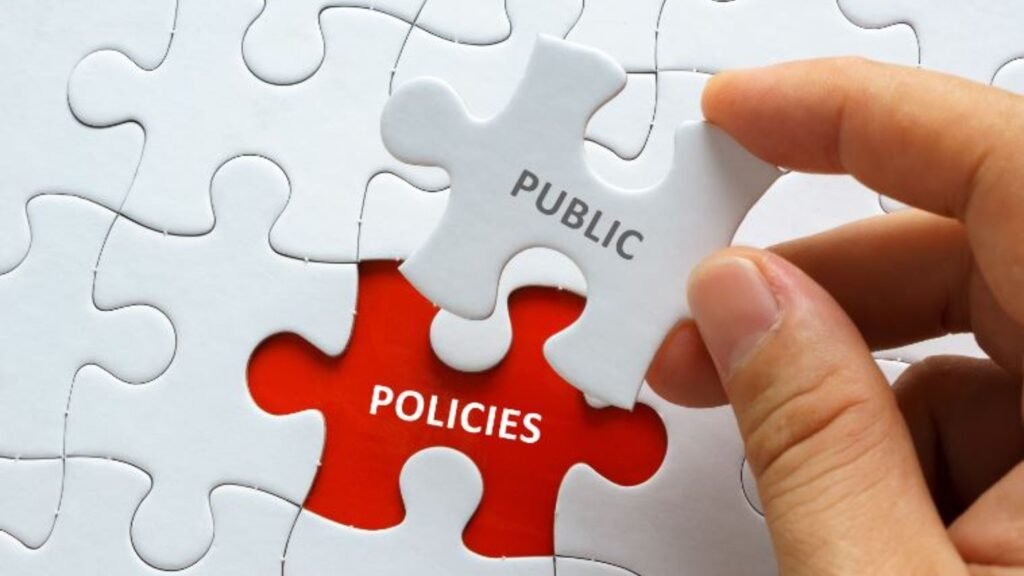The challenges of public policy implementation can be complex and multifaceted, posing difficulties for governments and institutions tasked with enforcing new laws and initiatives. Effective policy implementation requires not only well-crafted legislation but also careful planning, resources, and stakeholder engagement. In this post, we will explore some of the most common obstacles that hinder public policy implementation and how governments can address these challenges.

1. Political Interference and Changing Agendas
One of the major challenges of public policy implementation is political interference. Policies are often influenced by political changes, and shifts in leadership can result in altered priorities. Political leaders may make decisions based on short-term goals or ideological differences rather than long-term public interest.
Moreover, new governments may cancel or modify existing policies, leading to inconsistent implementation. This constant reshuffling creates uncertainty and hampers progress. Policymakers must work across political lines, ensuring continuity of policies by fostering bipartisan support and long-term commitment.
2. Lack of Resources and Funding
A significant challenge of public policy implementation involves the lack of financial and human resources. Policies, no matter how well-designed, require adequate funding to be put into practice. Insufficient resources lead to delays, compromised quality, or even total failure of the policy initiative.
This challenge is particularly prevalent in developing nations where budgetary constraints often hinder implementation efforts. Ensuring efficient resource allocation and mobilizing financial support from various sectors, such as private partnerships or international organizations, can mitigate this issue.
3. Bureaucratic Resistance
Another important challenge of public policy implementation is resistance from within bureaucracies. Public officials tasked with carrying out policies may be reluctant to embrace change, leading to slow or ineffective implementation. Bureaucratic resistance can stem from a fear of losing control, increased workloads, or a lack of understanding of the policy’s goals.
Overcoming this challenge requires strong leadership that fosters a culture of innovation and change within government institutions. Training, transparency, and clear communication about the benefits of the policy can also reduce resistance.
4. Coordination Across Multiple Agencies
Effective policy implementation often requires coordination between different government agencies, departments, and sometimes even non-governmental organizations. A common challenge of public policy implementation arises when these various entities fail to work together efficiently. This can result in overlaps, miscommunication, and gaps in execution.
Clear roles, responsibilities, and communication channels must be established to avoid such issues. Regular meetings, joint task forces, and technology platforms can also help streamline coordination among agencies involved in policy implementation.
5. Public Opposition and Lack of Awareness
The success of any policy largely depends on public support and participation. One of the frequent challenges of public policy implementation is public opposition or a lack of awareness. Policies that are not communicated well to the public can face resistance due to misunderstandings or fears about the implications.
To overcome this barrier, policymakers should invest in comprehensive awareness campaigns, involving communities in the decision-making process to ensure the public understands and supports the policy. Engaging with local leaders and advocacy groups can also help build trust and support for policy initiatives.
6. Legal and Regulatory Hurdles
Legal and regulatory barriers also play a significant role in the challenges of public policy implementation. Policies may require legislative changes or the removal of outdated laws to be fully effective. In some cases, existing regulations may contradict new policies, creating conflict and confusion.
Policymakers need to conduct thorough legal assessments before implementing new policies to identify and resolve potential conflicts. By ensuring that legal frameworks are updated and aligned with the policy’s objectives, governments can avoid unnecessary delays.
7. Monitoring and Evaluation Gaps
A final challenge of public policy implementation is the lack of proper monitoring and evaluation mechanisms. Without tracking progress and assessing outcomes, it becomes difficult to measure the success or shortcomings of a policy. This lack of oversight can lead to inefficiency, as problems may not be identified or corrected in time.
Governments should establish clear evaluation frameworks with measurable goals and regular reporting schedules. By continuously monitoring progress, policymakers can adjust strategies to improve outcomes and ensure successful implementation.
Conclusion
In conclusion, the challenges of public policy implementation span political, financial, administrative, and social domains. Overcoming these obstacles requires a combination of strong political will, adequate resources, effective coordination, and public engagement. By addressing these key challenges head-on, policymakers can enhance the success of public policy implementation, ultimately benefiting society and improving governance.

